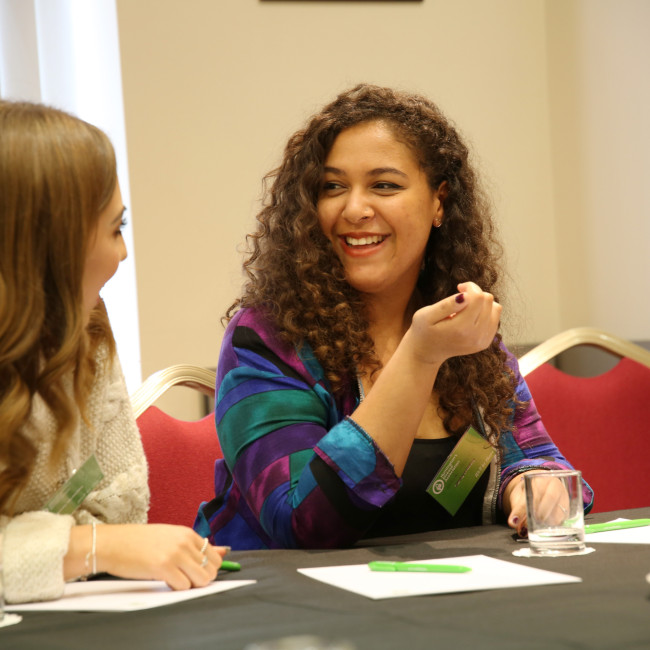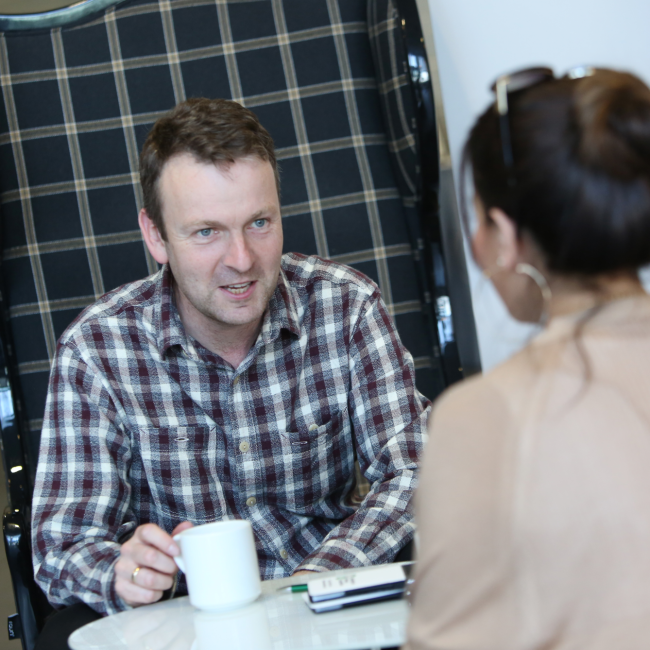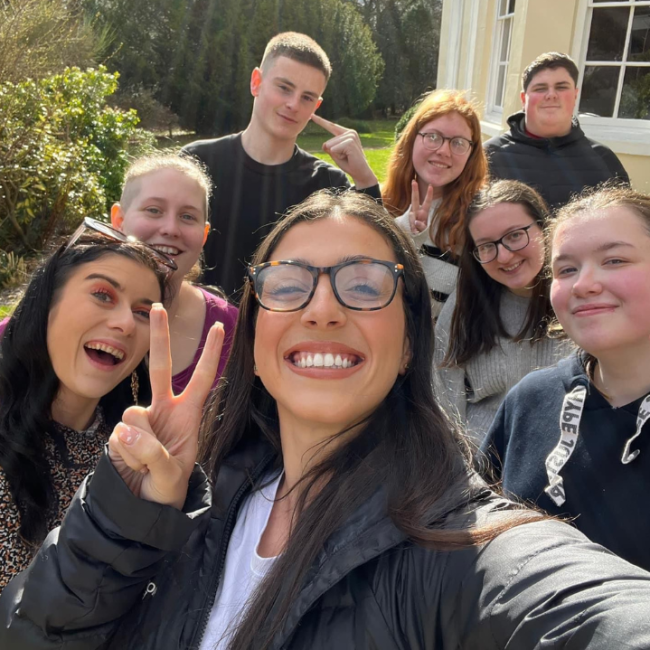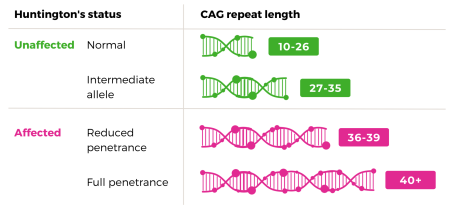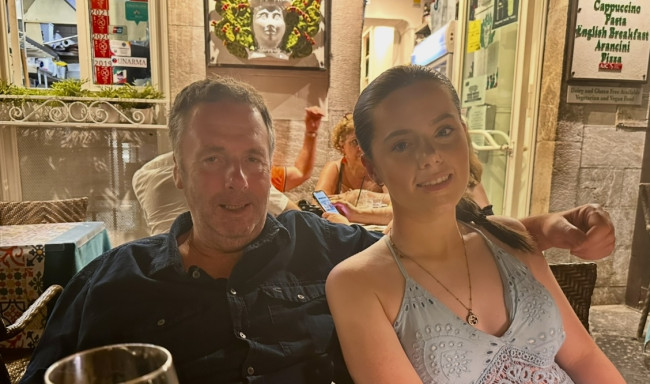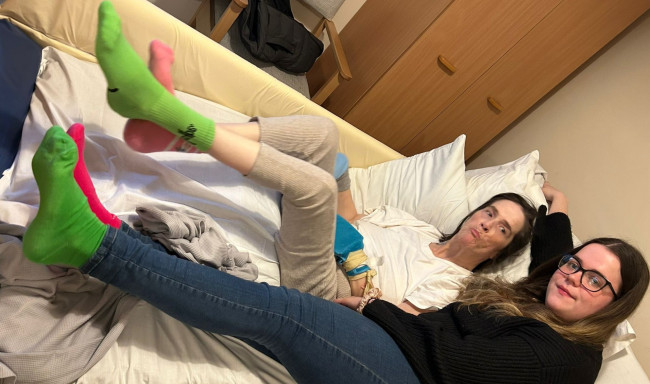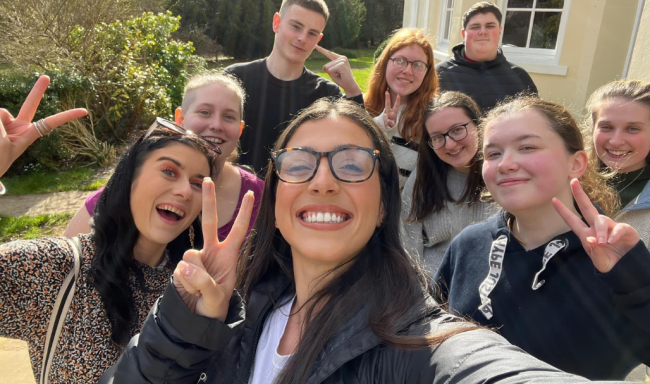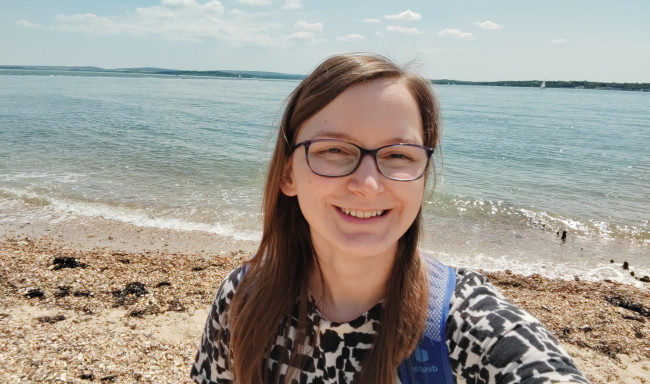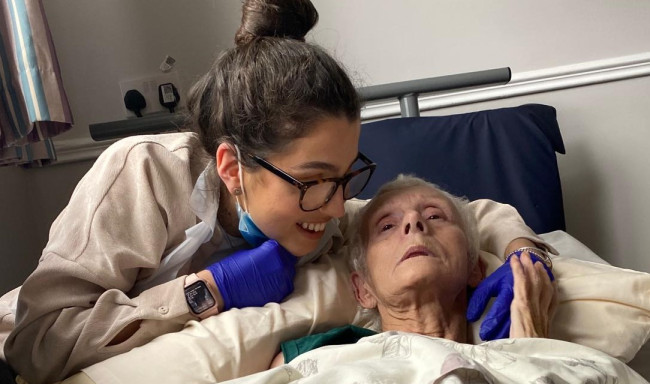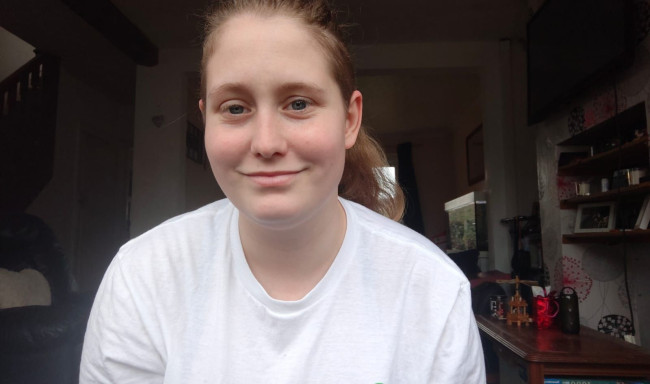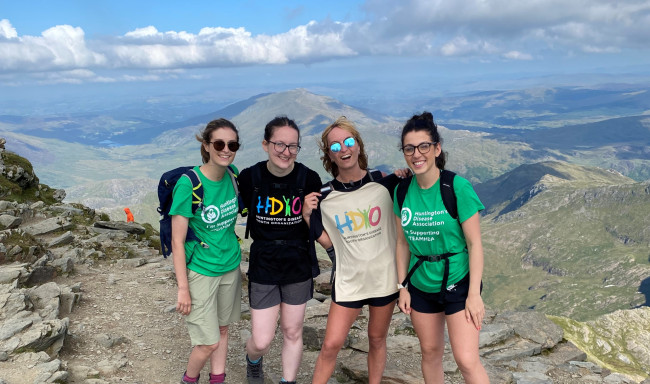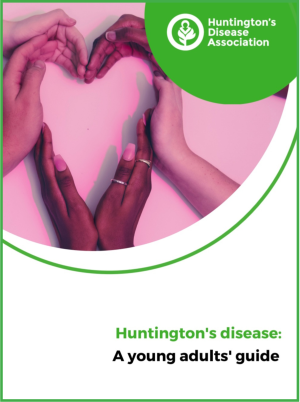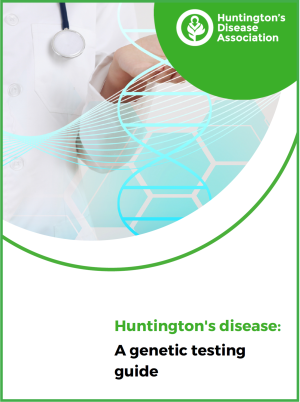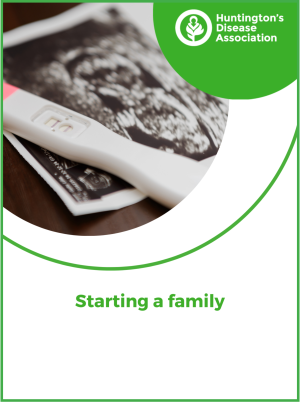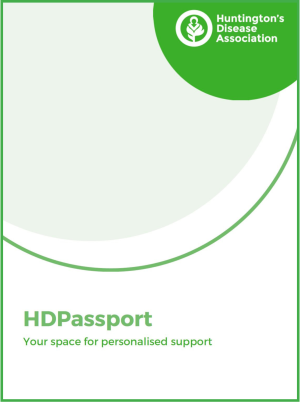Huntington's disease risk
Every child conceived naturally to a parent who carries the Huntington’s gene has a 50% chance of inheriting it. Although it is a rare disease, other people live with this risk and you are not alone.
Living with the knowledge that you are at risk can be very worrying. You may feel that you would prefer to know for certain whether or not you have the faulty copy of the gene. Alternatively, you may feel that you would prefer not to know, until or unless you get symptoms.
Choosing to test
Deciding whether to have the genetic test is something to think very carefully about as it could impact the rest of your life. It may also affect others in your family, but it is your choice. Be careful not to rush into making a decision about testing. Once you have been given your test results, you can’t change your mind about whether or not you want to know.
Going to a genetics clinic does not mean that you are obliged to take the test but it does give you the chance to talk over all the implications and any other concerns you may have. Each clinic follows an agreed counselling ‘protocol’; usually at least three sessions where you can talk over the implications of testing and any questions you may have, before you decide.
Living well
Modern day life is busy. Most of us have to juggle many things – long work hours, relationships, family commitments, social lives.
Most people will have heard of the following mantras:
- eat healthily
- get enough exercise
- use your brain
- sleep well
- take time for relaxation
Healthy living can benefit everyone, leading to improved mental health, a greater sense of control over life and a better ability to cope when the going gets tough. It’s very important to take time out for relaxation and ‘me time’. These principles can be especially relevant for people who are at risk of or living with Huntington’s disease.
Exercise has been shown to have many benefits for people of all ages and every level of fitness and health. Some of these benefits can include improved mood, concentration, cardiovascular conditioning and improved strength, balance and coordination.
- If you are at risk for Huntington’s, or in the early stages of the disease, these benefits can significantly improve your quality of life.
- Taking part in exercise is one of the few ways that individuals at risk of Huntington’s can have some control over the potential effects of the disease process.


